C# is the language I am most comfortable with but do Java when at work. I guess you can say I am very comfortable with using the Visual Studio IDE. One of the things I enjoyed about its debugger is that I can put watch variables ("Expressions" in Eclipse) for any expression. So I could take a peek at values of specific fields public or non-public, call methods, etc. with no problem as I am debugging.
It doesn't seem like I can do the same in Eclipse. I have to resort to calling the associated getter method for the field (assuming it has one). If it doesn't have one, I either have to temporarily add one so I can view it and remember to remove it when I'm done or I'm just SOL.
How can I put a watch expression for an object on one of its private fields? Or am I just doing it wrong and I have to craft special expressions to view them?
(Or is there a better way for me to get the information that I want?)
e.g.,
I have an HttpServletRequest and want to keep an eye on the requestURI. If I just watch the request variable, it lists a lot of its fields and it's just too much information. I'm only interested in one thing in the object so to minimize this, I want to add a watch expression for that one thing.
The field name is apparently requestURI so I added the expression: request.requestURI. Eclipse throws an error saying it's not a field (it is, it's just not public). Instead of going directly to the field, I had to go to the getter: request.getRequestURI() and that works fine. But I can't always count on the getter being available.

The Variables view

The Expressions view